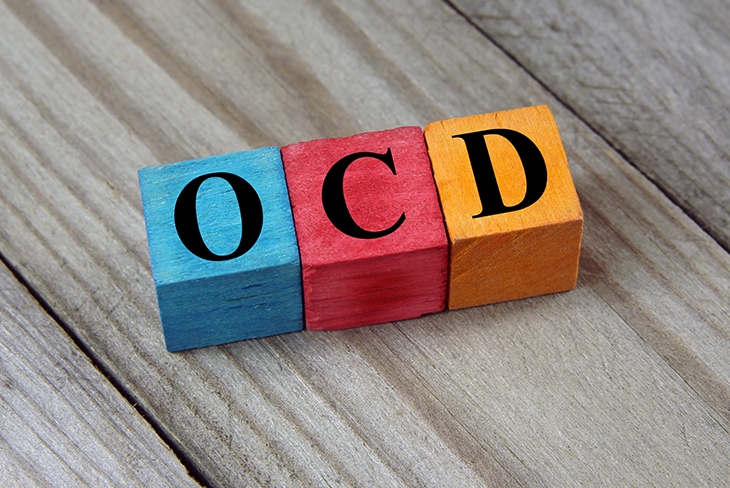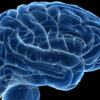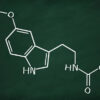In the journal Nature Medicine, deep brain stimulation (DBS) was the focus of a new study for improving therapeutic treatments among patients with obsessive-compulsive disorder (OCD).
Researchers at Brown University recruited five participants with a diagnosis of OCD. In each participant, an investigational DBS device was implanted to stimulate and record electric brain signals.
Brain signal data was gathered as the participants went about their daily activities, according to researchers.
“In human participants with obsessive-compulsive disorder (OCD) implanted with recording-capable DBS devices, we synchronized chronic ventral striatum local field potentials with relevant, disease-specific behaviors,” the journal article reads.
“We captured over 1,000 h of local field potentials in the clinic and at home during unstructured activity, as well as during DBS and exposure therapy.”
The findings suggest that deep brain stimulation may be a future emerging therapy for OCD, especially for severe or refractory cases.
“This work demonstrates the feasibility and utility of capturing chronic intracranial electrophysiology during daily symptom fluctuations to enable neural biomarker identification, a prerequisite for future development of adaptive DBS for OCD and other psychiatric disorders,” the authors determined in their study.


